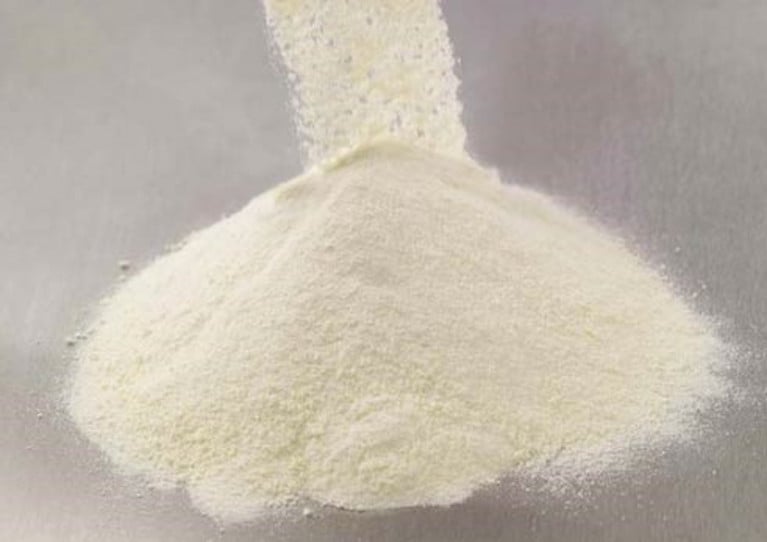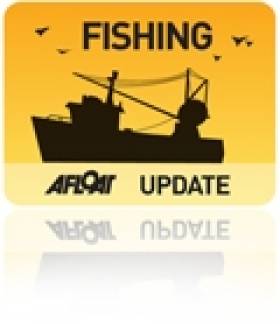Displaying items by tag: Biomarine Ingredients Ireland
A fisheries science partnership previously touted as a ‘game changer’ in the field of marine food is developing new health supplement based on fish protein from blue whiting.
Bio-Marine Ingredients Ireland (BII) is preparing to begin clinical trials of its soluble protein hydrolysate power, which it’s hoped could improve muscular health among the elderly.
“We are one of the first companies globally to take under-utilised raw fish materials and transform them into powders suited to applications for human nutrition,” said Dr Snehal Gite, senior research and development technologist.
“At BII, we are processing a low-value blue whiting fish into a high value nutritional ingredient which could offer enormous benefits for skeletal health in older people.
“The outcome of this research project could see BII enter a valuable global market, which will ultimately benefit Irish fishermen, industry and the associated supply chain.”
Research on this potentially health-boosting supplement is featured in this week’s Oceans of Learning series from the Marine Institute, which looks at the ocean and its connection to human health and wellbeing.
The work of the National Marine Biodiscovery Laboratory of Ireland (NMBLI) is also in focus, as a number of new natural products with potentially powerful properties have been found in Ireland’s waters in recent years.
“Our ocean could offer a treasure trove of cures,” said Joe Silke, director of marine environment food and safety Services at the Marine Institute.
“With so much of our marine habitats yet to be explored, and an ever-changing marine environment … Ireland’s ocean wealth is still to be uncovered.”
Videos, interactive activities and downloadable resources are available from the Our Ocean: Our Health and Wellbeing portal on the Marine Institute website.
#Seafood - Just days after his resignation as CEO of Bord Iascaigh Mhara (BIM), Jason Whooley has been announced as the chief executive of Bio-marine Ingredients Ireland, as OceanFM reports.
The new body, a joint venture between the Killybegs Fishermen’s Organisation and Norwegian firm Biomarine Science Technology, is behind the "game-changer" €35 million project in the Donegal fishery harbour that's expected to create 50 construction jobs and a further 70 direct and indirect positions once operational.
As previously reported on Afloat.ie, the new scheme - promoted by the development of the new boarfish fishery - is set to be the largest marine food ingredients plants in the world when it enters its first full year of production in 2017.

























































